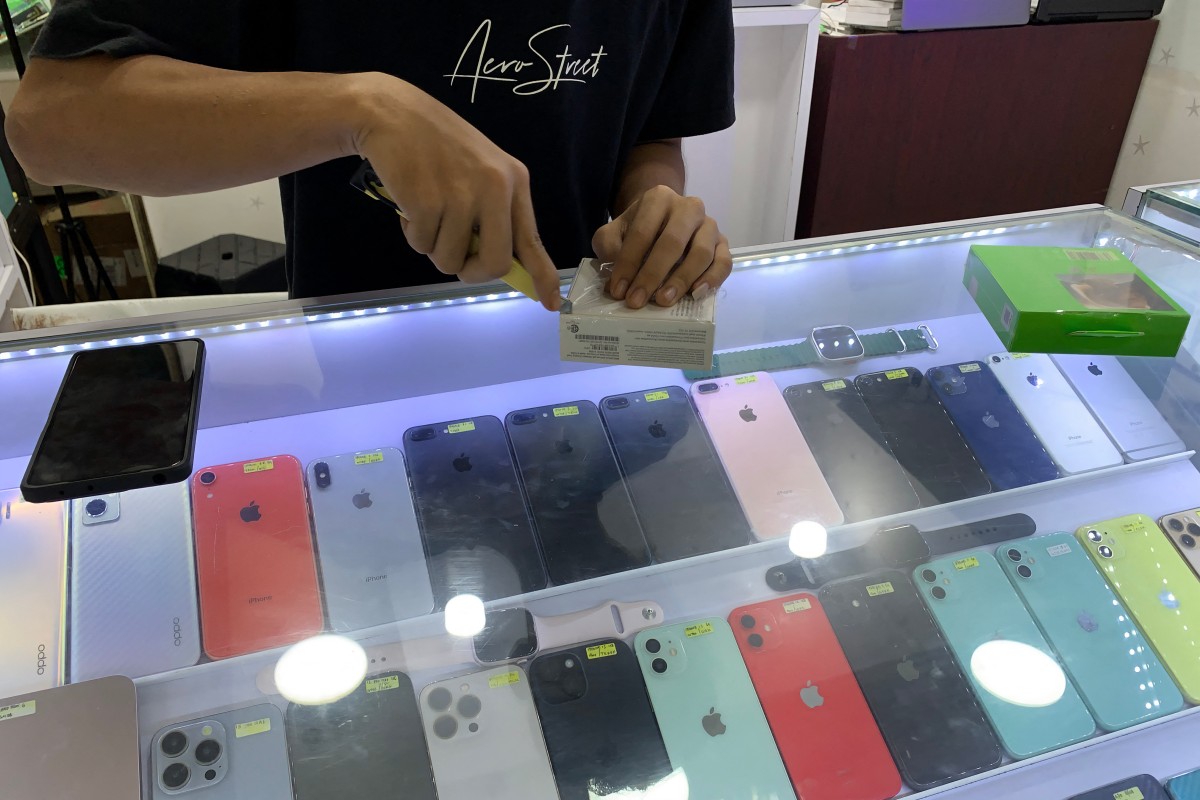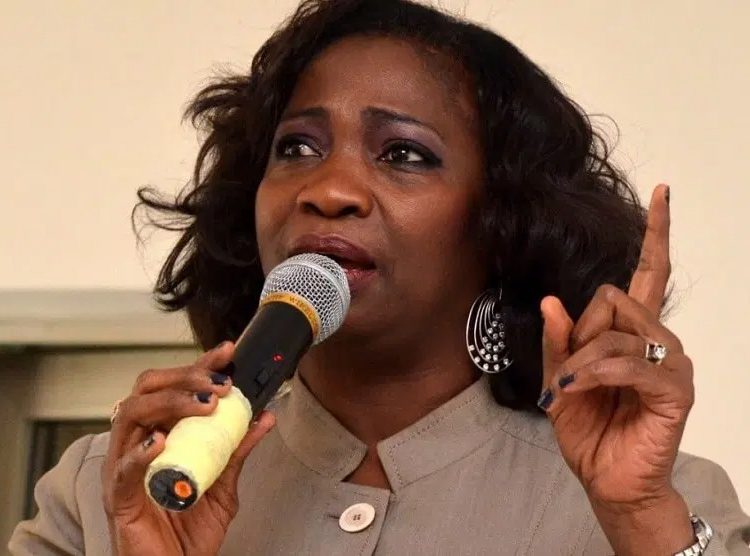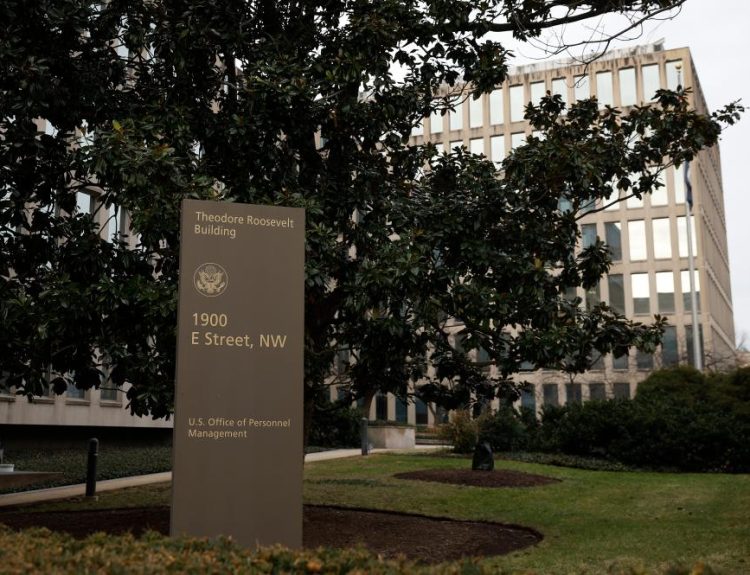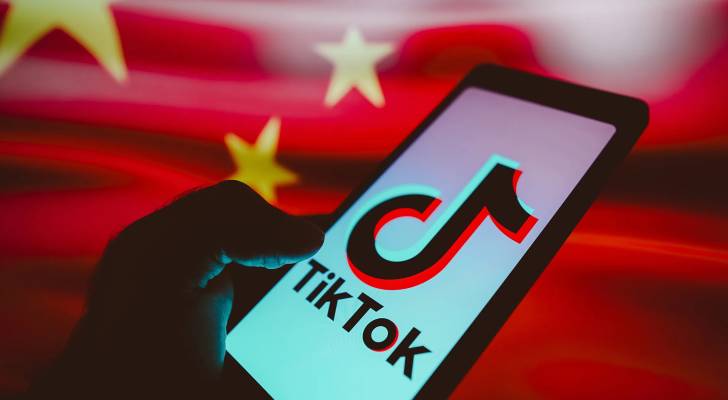Phone sellers across Nigeria are raising alarm over the 14% tariff imposed on Nigerian exports by former U.S. President Donald Trump, fearing it could cripple their already struggling businesses.
Still reeling from economic challenges like inflation, foreign exchange instability, and declining sales, phone vendors say the tariff could worsen an already dire situation. Speaking with The Guardian, Ademola Olaifa, PRO of the Computer and Allied Products Dealers Association of Nigeria (CAPDAN), described the move as harmful to Nigeria’s tech market.
“Trump clearly doesn’t have Nigeria’s interest at heart. This tariff is a major blow, especially considering that many of our electronics are sourced from the U.S.,” Olaifa said. “Prices have surged in the last two weeks, and there’s still no relief in sight.”
He urged the Nigerian government to engage the U.S. in negotiations, just as other countries have done, particularly to safeguard the importation of tech and ICT devices. Olaifa also pointed out that exorbitant interest rates from commercial banks have made accessing loans almost impossible for small businesses.
While noting that many vendors have shifted to importing from China, Olaifa said the poor perception of Chinese products as low-quality makes this shift less ideal. He called on the Federal Government to regulate imports from China to prevent Nigeria from becoming a dumping ground for substandard goods.
Another vendor, Emeka Dunnis, revealed that many dealers have paused importation altogether, hoping to reassess global market trends before making further decisions. “How can we import a phone at $3,500 and expect Nigerians to afford it?” he asked. “With the economy in crisis, Apple products and other American gadgets may soon become luxury items few can afford.”
Analysts support this fear, warning that Trump’s global tariffs could push the cost of an iPhone made in the U.S. to over $3,500. The move to replicate Asia’s complex supply chain infrastructure in the U.S. could cost Apple up to $30 billion and delay production by years.
Apple is among the U.S. companies most vulnerable to the U.S.-China trade war, with over 90% of iPhones assembled in China and components sourced globally. In response, the tech giant has begun shifting some operations to India and Brazil—despite their own tariffs of 26% and 10% respectively—as part of a $500 billion U.S. investment strategy to reduce dependence on Chinese manufacturing.
Apple’s stock has dropped 25% since Trump’s presidency began, reflecting investor concerns over rising costs, supply chain instability, and decreased demand—an outlook Nigerian vendors say will only further disrupt their market and deepen the economic strain.















[…] […]